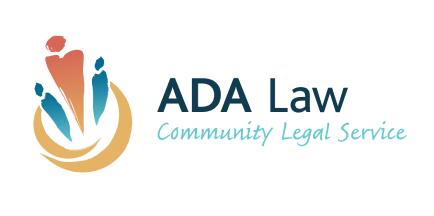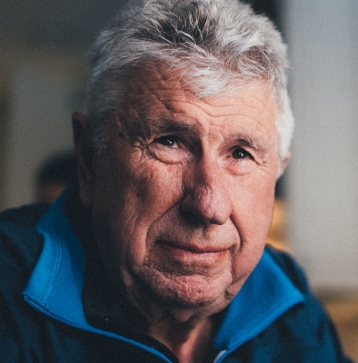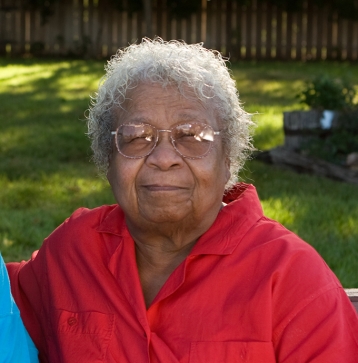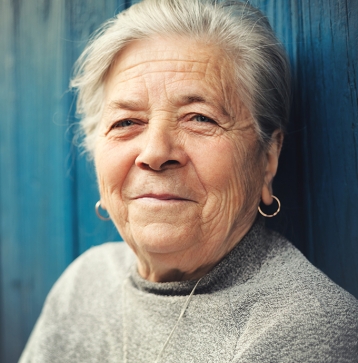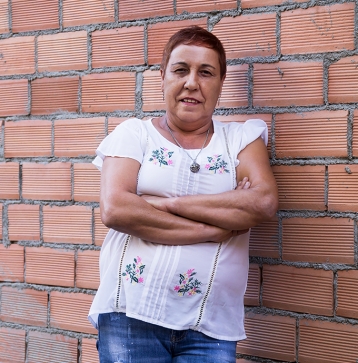Educating the Sector to Better Protect Client Rights
Professional Education/Training
Guardianship and administration matters can be complicated. You may be asked to provide support for a person to make a decision, or to work with their decision maker. This often requires a solid understanding of Supported Decision making, Enduring Power of Attorney (EPOA) documents, Queensland Civil and Administrative Tribunal (QCAT) orders and working with decision makers.
ADA Law offers specialised education and training to the Aged and Disability industry. See below for an overview of the training services.
| EDUCATION TYPE | PARTICIPANTS | COST/STRUCTURE | TRAINING OVERVIEW | SESSION TIME/LOCATION |
|---|---|---|---|---|
| UNDERSTANDING DECISION MAKING STAFF TRAINING | Health, aged, disability and related sector staff. Numbers are capped to ensure a high level of engagement and learning. | Fee for service, Individual tickets, or in house group training. | Training to help people understand:
| Choice of 4 hour or 6.5 hour sessions. Offered anywhere in Qld. In-house or Individual. Enquire |
| HEALTH DECISION MAKING TRAINING | Health, aged, disability and related sector staff. Numbers are capped to ensure a high level of engagement and learning. | Fee for service. In house group training | Overview of health care decision making to help staff understand how to undertake supported and substituted decision making for a range of scenarios. | 2 hours Offered anywhere in Qld. Enquire |
| ELDER ABUSE INFORMATION SESSIONS | Groups of older people and service providers in the Greater Brisbane area. | Free | These talks aim to increase awareness of elder abuse in the community and residential care. | 1 hour offered in the Brisbane and Greater Brisbane area. Enquire |
Understanding Decision Making Training
ADA Australia offers individual and group based training sessions on “Understanding Decision Making” to help people understand the intricacies of guardianship and administration issues.
Our courses are designed to increase knowledge, build understanding and provide an informative overview of guardianship and administration and Enduring Power of Attorney matters. Previous participants have praised our training approach and course content for its relevance to workers in the aged care, disability, mental health, nursing, allied health, residential care and community sectors. Training typically is best suited to workers who support people with questioned or impaired decision making capacity.
- Supported decision making and Substitute decision making, particularly for health matters
- How to access support when a person’s decision making capacity is impaired or questioned, and when decision makers are not acting in a client’s best interest
- Enduring Power of Attorney (EPOA) and Advanced Health Directive (AHD) documents, their powers, limits and how they relate to everyday decisions
- The roles of the statutory agencies: Queensland Civil and Administrative Tribunal (QCAT), Office of the Public Guardian and the Public Trustee.
- Exploring capacity and consent
- Understanding supported and substituted decision making for health, finance and personal matters
- Understanding Advance Health Directives
- Understanding Enduring Powers of Attorney; their role and the limits of their power
- Applying substituted decision making, guardianship and administration in real-life scenarios
- Understanding the role of the Public Trustee, Public Guardian, QCAT and tribunal hearings.
This training provides workers with a crucial understanding of legal and ethical considerations to best support clients whose decision-making capacity is substituted, diminished, or being questioned. It equips workers with the skills to ensure the rights of their clients are upheld and their choices protected. The course explains the legal responsibilities and limitations of Enduring Powers of Attorneys, Guardians and Administrators. The course also covers how to make informed professional decisions and safeguard the client’s rights, through improved practice.
Independent evaluations of this workshop revealed more than 95 per cent of participants found the information very useful to their daily practice, and that participants were more confident in their work roles following the training.
Understanding Supported Decision Making Workshop for Individuals
Workshops run from 9.00am to 3.30pm with Morning Tea and Lunch provided.
Sessions are held in various locations around Queensland. Enquire below to find out when we will next be near you.
Understanding Supported Decision Making Workshop for Staff
Our Supported Decision Making training workshop can also be delivered in-house. We find staff often attend this training day as an individual, realise the benefits to their professional practice, then recommend their colleagues complete the training as well.
ADA Australia tailors content to suit your organisation’s specific requirements and has experience delivering these sessions to workers in the aged care, disability, social work, mental health, nursing, allied health, residential care and community sectors.
For more information about our Understanding Support Decision Making training CLICK HERE
Health Decision Making Training
Understanding Decision Making Workshop for Staff (2 hour sessions)
This health care decision making workshop aims to educate participants on health care substitute decision making, particularly when caring for clients who have limited decision making capacity, or when Enduring Powers of Attorney are in place.
These short workshops (2 hours) offer important insight into the legal and ethical aspects of substituted decision making for health care matters. It offers essential background information for those in roles that undertake health decision making processes on behalf of others.
Topics include:
- Health care decision making
- The four substituted decision making pathways: Advance Health Directives, Attorneys under Enduring Power of Attorney documents, Guardians and Statutory Health Attorneys.
- Informed consent and the right to refuse care
- Principles for decision makers and understanding exploitation in substitute decision making.
Workers who understand these important topics can better protect their clients human rights, feel more confident in the type of decisions they can make and know how to undertake healthcare decision making professionally. These workshops are particularly essential for anyone in the health, aged, disability or related workforces (nurses, carers, allied health, social workers).
For more information about our Health Decision Making Training CLICK HERE
Elder Abuse Information Session
ADA Law offers free Elder Abuse Prevention & Responses information sessions to groups of older people and service providers in the Greater Brisbane area. These talks aim to increase awareness of elder abuse in the community and residential care.
The talks offer general information on a range of topics including:
- What is elder abuse?
- Risk factor for elder abuse
- Types of elder abuse
- Safeguards to prevent elder abuse
- Who can help?
These talks are funded through the Older Persons Advocacy Network (OPAN) as part of the Commonwealth Government’s response to addressing elder abuse across Australia.
If you would like to book an Elder Abuse Prevention information session, please contact ADA Law on 1800 818 338 or email info@adaaustralia.com.au (Note: This service is only available in the Brisbane, Moreton Bay, Redland Bay and Ipswich Council areas).
For more information about our Elder Abuse Prevention and Response information session CLICK HERE
